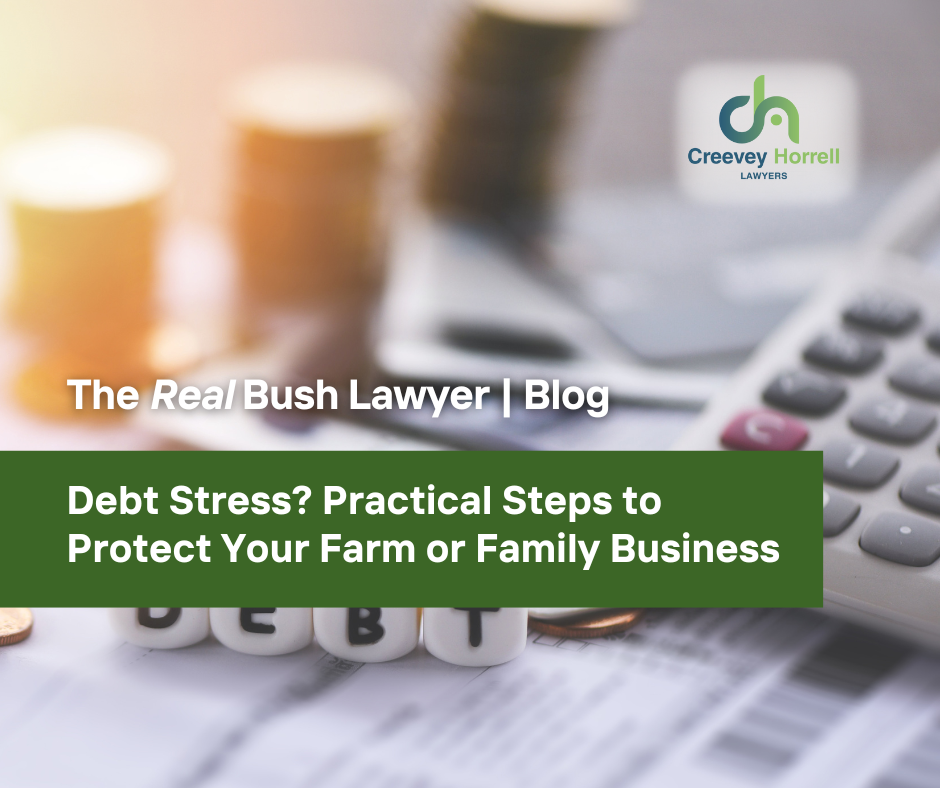SUPPLYING DANGEROUS DRUGS IN QUEENSLAND
- Creevey Horrell Lawyers

- Jul 13, 2022
- 2 min read
Updated: Oct 11, 2022

Supplying dangerous drugs is an indictable offence, more easily prosecuted than many assume. Is giving your friend ‘one small pill’ all it takes to commit this offence?
Defining Dangerous
You may wonder what constitutes the definition of a dangerous drug. Dangerous drugs are defined in Section 4 of the Drug Misuse Act as ‘a thing specified in the Drugs Misuse Regulation 1987 (Qld), schedule 1 or 2’.
Schedule 1 and 2 outline or refer to different drug categories.
Schedule 1 contains the more serious substances such as cocaine, heroin, LSD, methylamphetamine, MDMA and amphetamine.
Schedule 2 contain drugs such as cannabis, methadone, morphine, GHB, valium, temazepam, synthetic cannabinoids and others. Penalties for possession of these drugs is less severe than possession of schedule 1 drugs.
Supplying Dangerous Drugs
Let’s understand the fundamentals. What does it mean to ‘supply’ illegal drugs?
Supplying dangerous drugs is a broad term. There are many circumstances where the term supply may be applicable. This could include giving a dangerous drug to someone else (even if they didn’t receive anything in return), or offering to supply a dangerous drug to another person.
In the eyes of the law, ‘supply’ is a legal term used to define the act of:
Distributing, selling, administering, transporting, or giving drugs;
Offering to distribute, sell, administer, transport, or give drugs; and
Preparing to distribute, sell, administer, transport, or give drugs.
The offence itself is listed under the Drugs Misuse Act 1986, Sect 6, stating “A person who unlawfully supplies a dangerous drug to another, whether or not such other person is in Queensland, is guilty of a crime.”
A person that sends a text asking to buy drugs could sometimes be considered as ‘supplying oneself'.
The Penalties
Penalties for the supply of drugs can differ in severity, depending on the type of drug (Schedule 1 or Schedule 2) and if the offence has been ‘aggravated’.
Examples of ‘aggravated’ drug supply could be supplying to:
a minor (under the age of 16);
an intellectually impaired person;
someone within a school or educational institution;
someone within a prison or correctional facility; and/or
someone unaware they are receiving or being supplied with the drug.
The maximum penalty could reach lifetime imprisonment if the drug supplied falls under schedule 1 and if the person to whom the drug is supplied is a minor (under 16 years).
As all circumstances vary it is important to seek immediate advice from a Criminal Lawyer specialising in drug offences.
Legal Representation for Drug Offences in Brisbane, Toowoomba, Roma, and Townsville
Recorded convictions, or even a charge for any drug-related matter, can have serious repercussions for individuals, and expert legal representation must be obtained so that you receive fully informed advice as to how the unique operation of law applies in your particular case.
With more than 50 years of combined experience in criminal law matters, we have a proven track record of achieving outstanding results for our clients.
Let us help you. Contact us today to find out more.
#legal#lawfirm#lawyers#law#lawyer#litigation#attorney#creeveyrussell#creeveyrusselllawyers#criminallawyers#agribusiness#rurallaw#CommercialLaw#crimeandmisconduct#brisbanelawyers#domesticviolence#familylaw#trafficoffence#willsandestates#romalawyers#247crimehotline




.png)




Comments